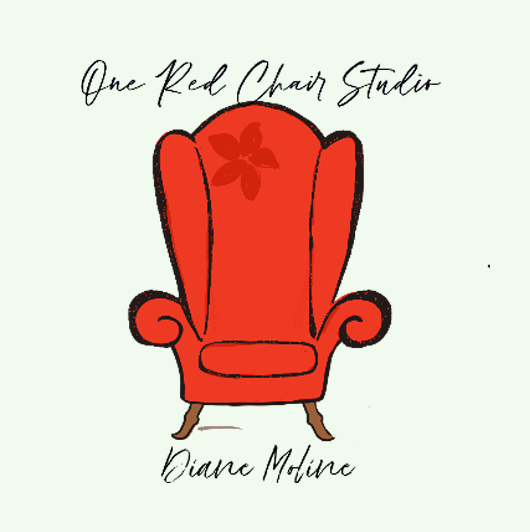Bertrand Russell
The time you enjoy wasting is not wasted time.
-Bertrand Russell
Hello, friends.
Before I can finish the re-design of the website, I thought I’d send out this quickie. The website project, to no one’s surprise, is taking a little longer than I had hoped. It’s like cleaning your closet or organizing your file cabinet. One thing leads to another…
You may notice that the current site might look a bit different but it’s temporary, due to a glitch in playing around with some other ideas. I am staying with the same platform, Squarespace, which makes the job a little easier than it could have been, but I am trying out different looks, including one that makes commenting a little easier. I’m a girl who likes variety, so I am playing around with different ideas grew exponentially, but I think I have finally landed, so a few tweaks and a couple of days should do it. I’m always excited about a new look, and my hope is that this one will encourage more visits to the other stops on the website.
For now, here’s a thought for your perusal, and thanks as always for reading! See you soon with a new look and some more 30-Day Challenge pieces.
Among so many quotable from British historian, mathematician and philosopher Bertrand Russell, born May 18, 1872, is this gem about a favorite subject of mine:
The best life is the one in which the creative impulses play the largest part and the possessive impulses the smallest.
And how could you not love this one: “Organized people are just too lazy to look for things.”
He penned, at 82, a short essay called “How to Grow Old,” which appears in “Portraits from Memory and Other Essays. An excerpt:
The best way to overcome it [the fear of death]—so at least it seems to me—is to make your interests gradually wider and more impersonal, until bit by bit the walls of the ego recede, and your life becomes increasingly merged in the universal life. An individual human existence should be like a river: small at first, narrowly contained within its banks, and rushing passionately past rocks and over waterfalls. Gradually the river grows wider, the banks recede, the waters flow more quietly, and in the end, without any visible break, they become merged in the sea, and painlessly lose their individual being.
I did not know much about him, but this video enlightened me somewhat. Seems like someone I’d like to know more about.
